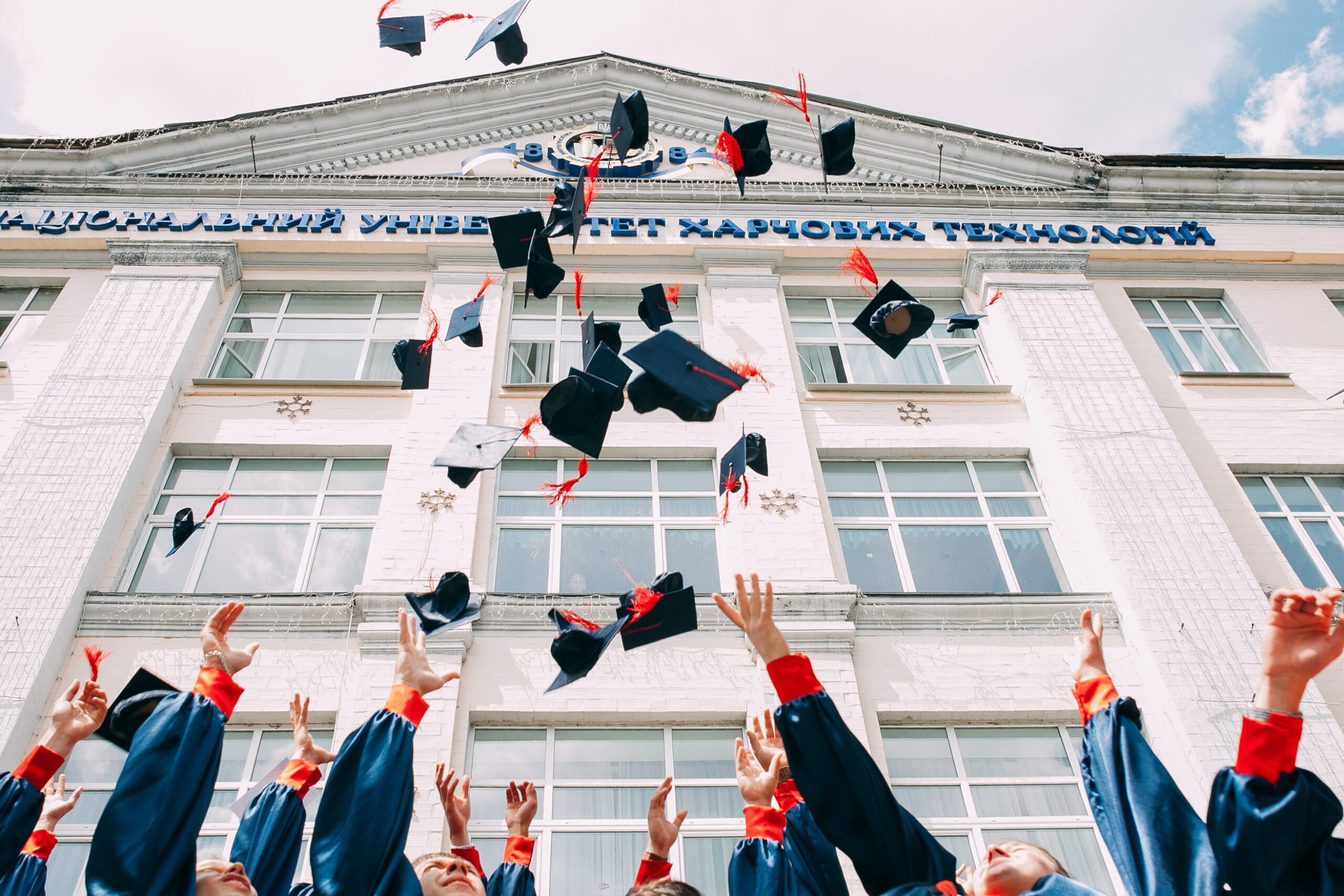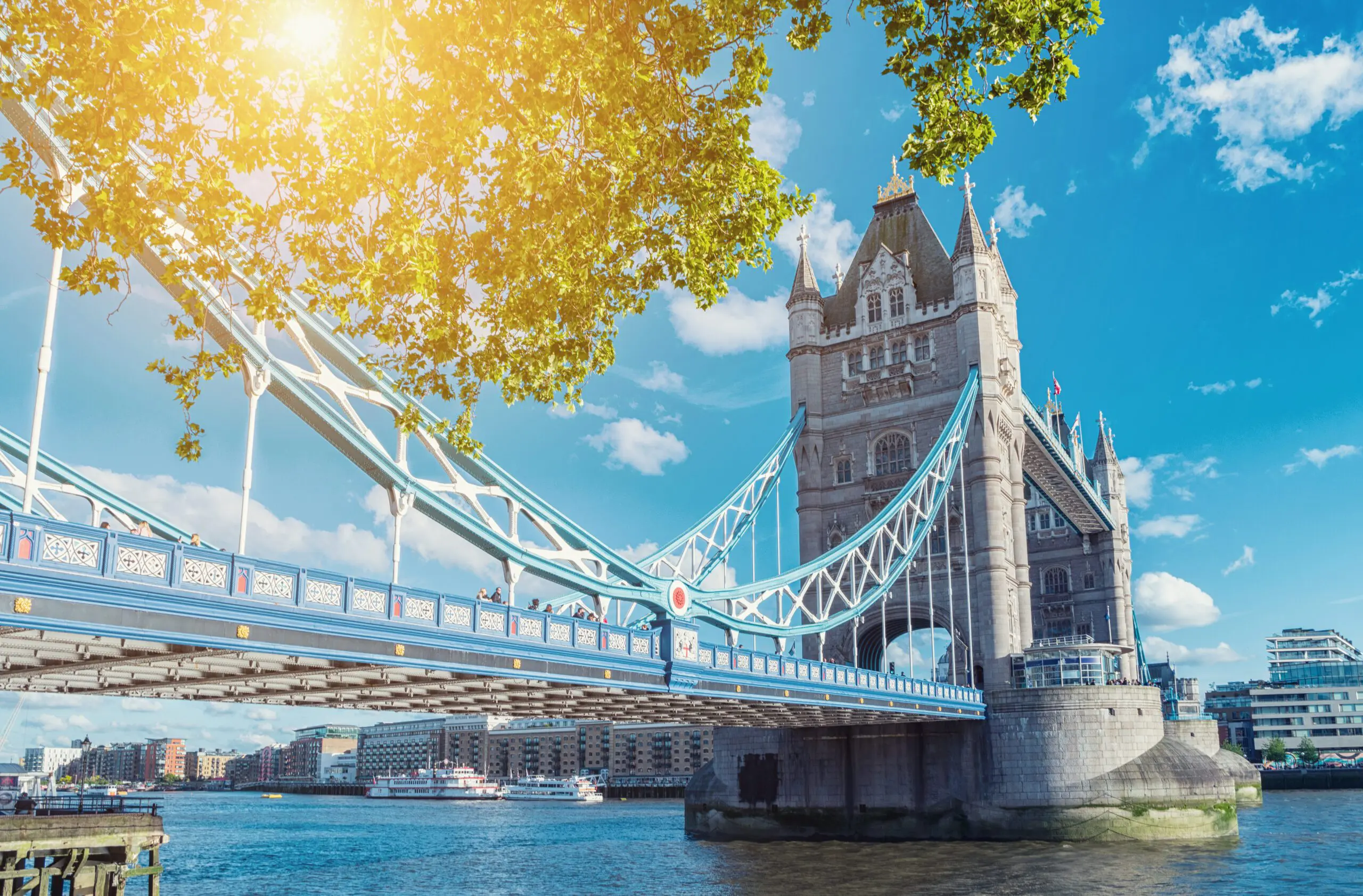
US Student Visa
Study Visa
If you would like to study as a full-time student in the United States, you will generally need a student visa. There are three nonimmigrant visa categories for persons wishing to study in the United States. These visas are commonly known as the F, M and J visas.
Please complete the form below. Our Immigration Experts are available seven days per week

F-1 Student Visa
The F-1 Visa (Academic Student) allows you to enter the United States as a full-time student at an accredited college, university, seminary, conservatory, academic high school, elementary school, or other academic institution or in a language training program. You must be enrolled in a program or course of study that culminates in a degree, diploma, or certificate and your school must be authorized by the U.S. government to accept international students.
M-1 Student Visa
The M-1 visa (Vocational Student) category includes students in vocational or other nonacademic programs, other than language training.
You may enter in the F-1 or M-1 visa category provided you meet the following criteria:
- You must be enrolled in an “academic” educational program, a language-training program, or a vocational program
- Your school must be approved by the Student and Exchange Visitors Program, Immigration & Customs Enforcement
- You must be enrolled as a full-time student at the institution
- You must be proficient in English or be enrolled in courses leading to English proficiency
- You must have sufficient funds available for self-support during the entire proposed course of study
- You must maintain a residence abroad which you have no intention of giving up.


Employment
F-1 students may not work off-campus during the first academic year, but may accept on-campus employment subject to certain conditions and restrictions. After the first academic year, F-1 students may engage in three types of off-campus employment:
- Curricular Practical Training (CPT)
- Optional Practical Training (OPT) (pre-completion or post-completion)
- Science, Technology, Engineering, and Mathematics (STEM) Optional Practical Training Extension (OPT)
F-1 students may also be eligible to work off-campus on a case-by-case basis as a result of special situations such as severe economic hardship or special student relief. M-1 students may engage in practical training only after they have completed their studies.
For both F-1 and M-1 students any off-campus training employment must be related to their area of study and must be authorized prior to starting any work by the Designated School Official (the person authorized to maintain the Student and Exchange Visitor Information System (SEVIS)) and USCIS.
J-1 Exchange Visitors
The J-1 classification (exchange visitors) is authorized for those who intend to participate in an approved program for the purpose of teaching, instructing or lecturing, studying, observing, conducting research, consulting, demonstrating special skills, receiving training, or to receive graduate medical education or training.
In carrying out the responsibilities of the Exchange Visitor Program, the Department of State designates public and private entities to act as exchange sponsors. J-1 nonimmigrants are therefore sponsored by an exchange program that is designated as such by the U.S. Department of State.
These programs are designed to promote the interchange of persons, knowledge, and skills, in the fields of education, arts, and science.
Examples of exchange visitors include, but are not limited to:
- Professors or scholars
- Research assistants
- Students
- Trainees
- Teachers
- Specialists
- Au Pairs
- Camp counselors

Employment
Some J-1 nonimmigrants enter the United States specifically to work while others do not. Employment is authorized for J-1 nonimmigrants only under the terms of the exchange program. Please check with your sponsoring agency for more information on any restrictions that may apply to you working in the United States.
Family of J-1 Visa Holders
Your spouse and unmarried children under 21 years of age, regardless of nationality, are entitled to J-2 classification. Your spouse and children are entitled to employment authorization; however, their income may not be used to support you.
Study Visa
If you would like to study as a full-time student in the United States, you will generally need a student visa. There are three nonimmigrant visa categories for persons wishing to study in the United States. These visas are commonly known as the F, M and J visas.
Description
- F Academic students
- M Vocational students
- J Exchange Visitors

BPA Immigration Lawyers
No Visa, No Fee*
Give us a call now on 888-772-0273 or drop us a message on our contact page below.
*Subject to terms & conditions
